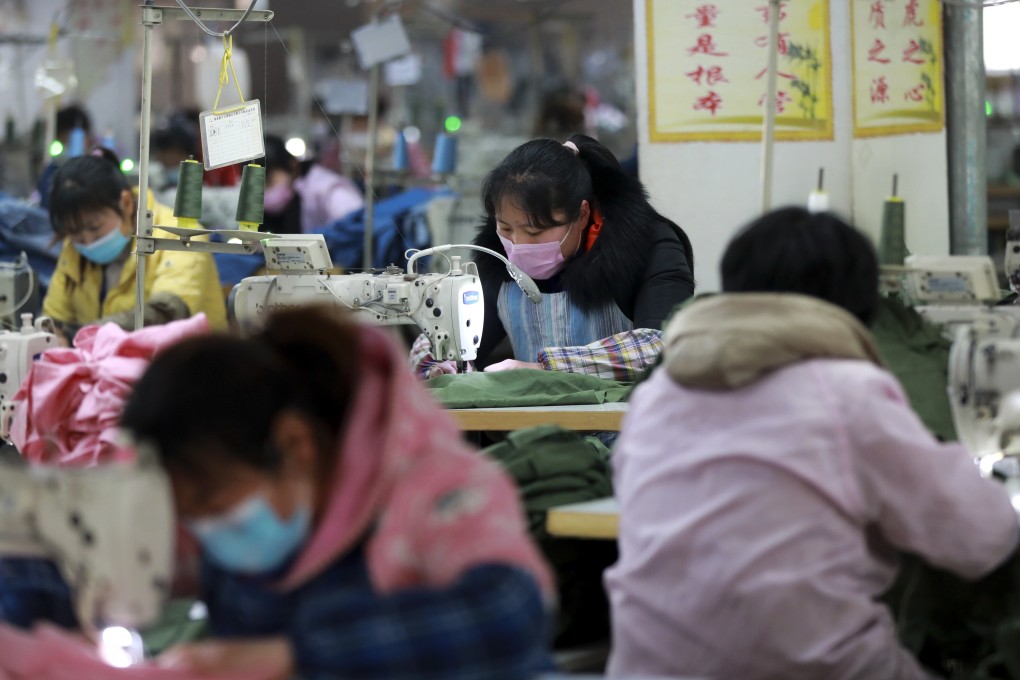Letters | As coronavirus pandemic hits global retail sector hard, fashion brands must not hang suppliers out to dry
- Global brands must live up their corporate social responsibility pledges and honour their commitments to suppliers or risk causing millions to become jobless

Many international brands have long prided themselves on their fair business practices, social responsibility and the value placed on human rights. Yet, as the pandemic continues, their actions have become irresponsible and callous, where they do not honour their contractual obligations and neglect to pay for products ordered.
Numerous global brands and retailers pledged to uphold corporate social responsibility and compliance but have been delaying payment, asking for unfair discounts, postponing shipments and cancelling orders. Their continuous cancellation of orders has resulted in the suspension of factory operations and frozen cash flow for their suppliers.
As suppliers are not receiving payment, many are burdened with liquidity complications, leaving them struggling to survive. Suppliers and manufactures are left with no choice but to lay off factory workers around the globe, especially in China and Southeast Asia.
Millions of garment workers and their families in China, Vietnam, Cambodia, Bangladesh, Myanmar, Thailand and the Philippines are at risk, pushing this already vulnerable group of workers into greater economic uncertainty.

01:40
Low-paid garment workers in Bangladesh face mass unemployment amid coronavirus crisis
On the other hand, it is highly admirable that there are still many buyers who choose to endure these challenging times with their suppliers. It has now become clear how profoundly interlinked supply chains are.